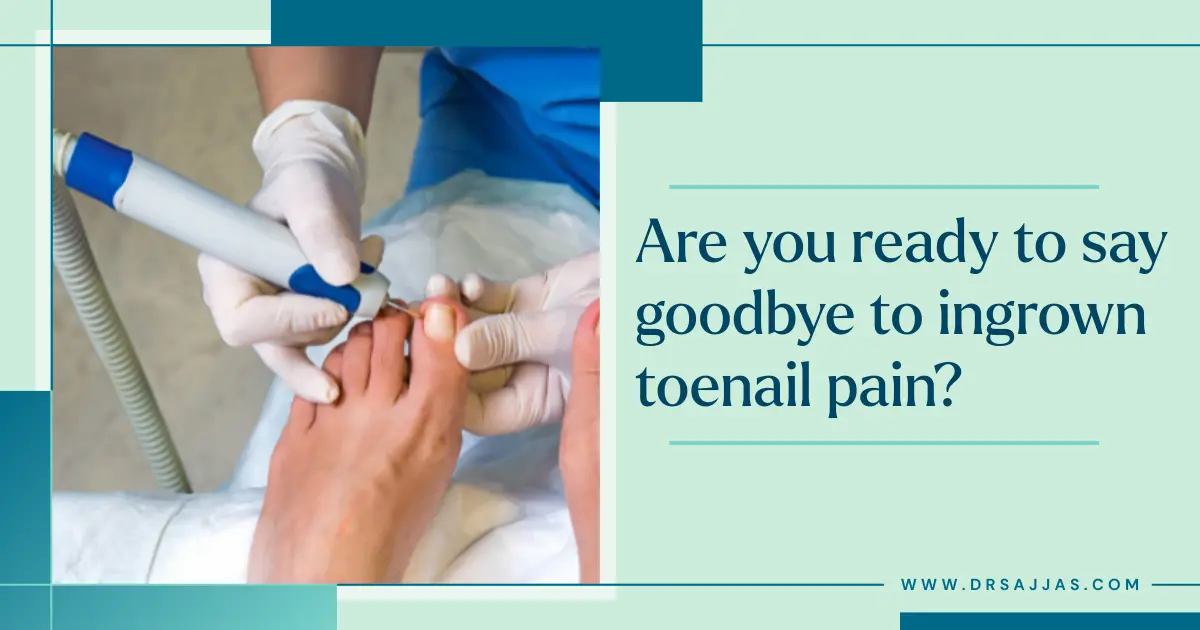
Understanding Stress Incontinence
Stress incontinence, a common condition affecting many, occurs when physical activities like coughing, sneezing, or exercising cause unintentional urine leakage. This can significantly impact daily life and self-esteem. However, various treatments are available to manage and alleviate symptoms.
Physical Therapy: A Natural Approach
Physical therapy is a highly effective treatment for stress incontinence. Specialized exercises, particularly pelvic floor exercises, strengthen the muscles that control urination. Consistent practice can lead to significant improvements, often reducing or eliminating leakage.
Medications: A Chemical Solution
Medications prescribed for stress incontinence work by tightening the bladder muscles. These medications can reduce episodes of incontinence, providing relief for those struggling with this condition. It’s essential to consult with a healthcare provider to determine the best medication and dosage.
Surgical Options: A Permanent Fix
For severe cases, surgery may be the most effective solution. Procedures such as sling surgery provide support to the urethra, preventing leakage. Surgical options are usually considered when other treatments fail to produce satisfactory results.
Lifestyle Changes: Small Adjustments, Big Impact
Adopting certain lifestyle changes can significantly reduce stress incontinence symptoms. Reducing alcohol and caffeine intake, giving up smoking, and maintaining a healthy weight can all help with bladder control. Small changes made to regular habits can have a big impact.
Behavioural Therapies: Training the Bladder
Behavioural therapies, including bladder training and scheduled voiding, help manage stress incontinence. These methods teach individuals to control their bladder more effectively, reducing the frequency and urgency of urination.
Using Absorbent Products: Immediate Relief
While not a treatment, absorbent products provide immediate relief and confidence. Products like pads and adult diapers help manage leakage, allowing individuals to engage in daily activities without fear of accidents.
Combining Treatments: A Comprehensive Approach
Frequently, the best results are achieved by using a combination of treatments. A tailored approach that includes physical therapy, medications, lifestyle changes, and behavioural therapies can provide comprehensive management of stress incontinence. Consulting with a healthcare professional ensures a customized and successful treatment plan.
Conclusion: Regaining Control and Confidence
Stress incontinence can be challenging, but various treatments offer hope and relief. From physical therapy to lifestyle changes, each method provides unique benefits. By exploring and combining different treatments, individuals can regain control and improve their quality of life.
Dr. Prakash Sajja is the best dermatologist in Tirupati and will solve all your queries about stress incontinence and all other skin related treatments!



